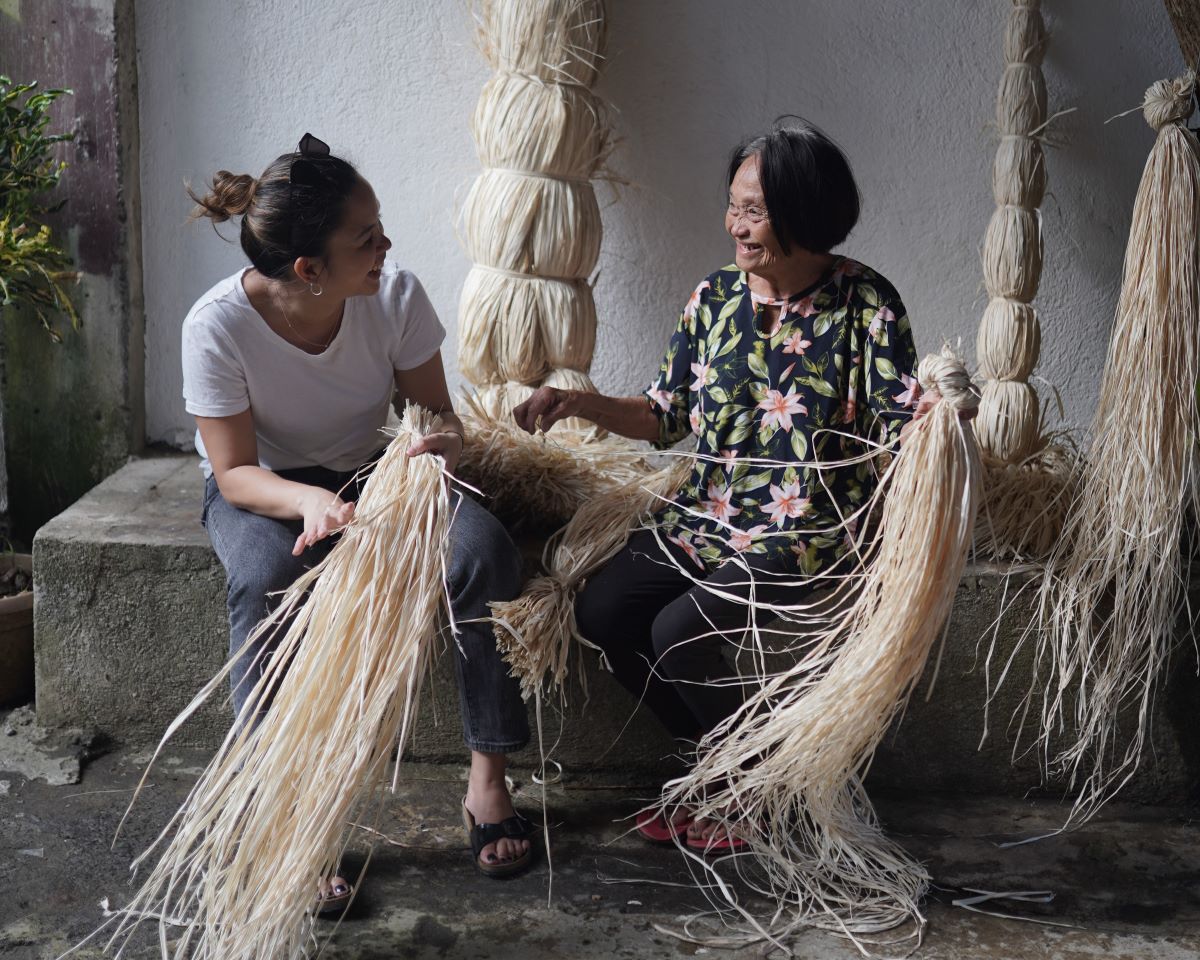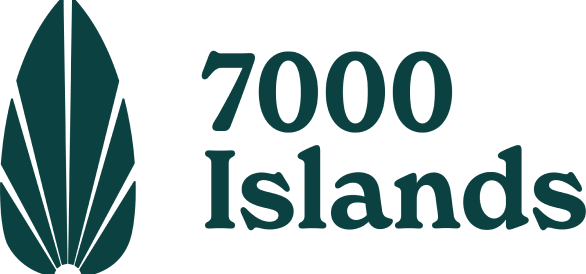
Abaca fiber
Introduced from the Philippines during the Spanish colonial period, the abaca plant (Musa textilis) has served the world for centuries in various forms such as textiles, paper and rope.
Abaca fiber is processed from the leaf sheaths of this tropical plant, which is closely related to the banana family.
Valued for its exceptional strength and durability, abaca fiber is an important choice for various products including tea bags, banknotes, carpets, furniture, fabrics, hats, hammocks, cords and cordage. Its durability and saltwater resistance make it an ideal material for ropes used in fishing nets, hawsers and other marine applications.
In addition to its reputation as the strongest plant fiber, abaca is also valued for its sustainability and biodegradability. It is organic and can be produced with minimal chemical and mechanical input. It can help restore biodiversity such as erosion control and is completely biodegradable.
As the global market shifts to organic and natural products, the demand for abaca fiber is increasing again, supporting the local economy in the Philippines and promoting sustainable practices in the industry.
